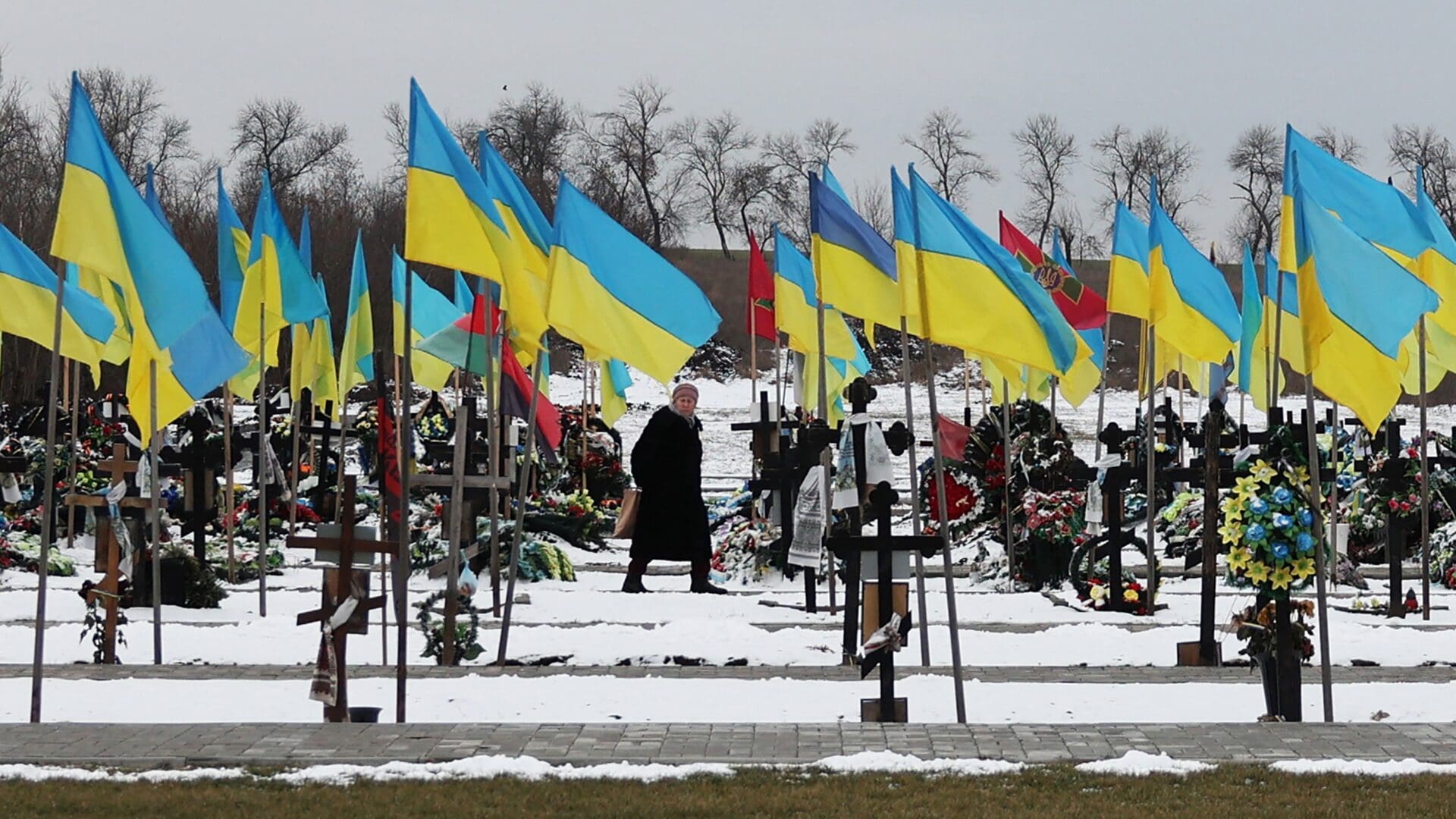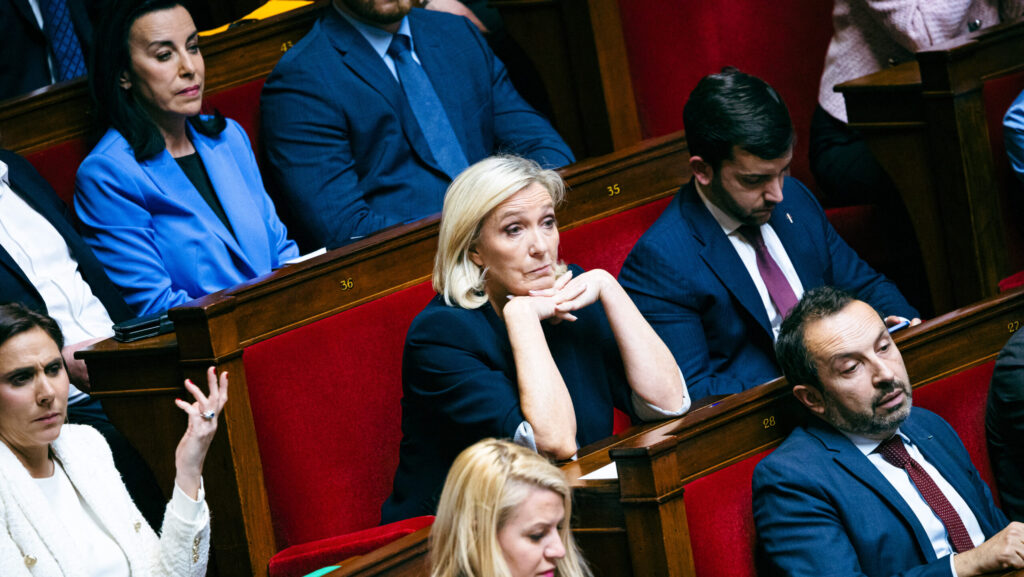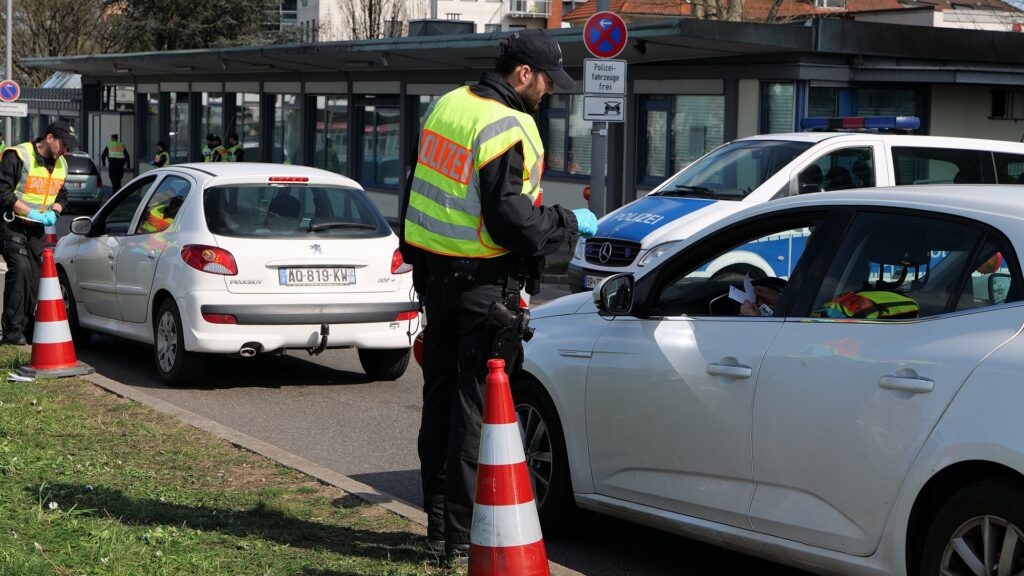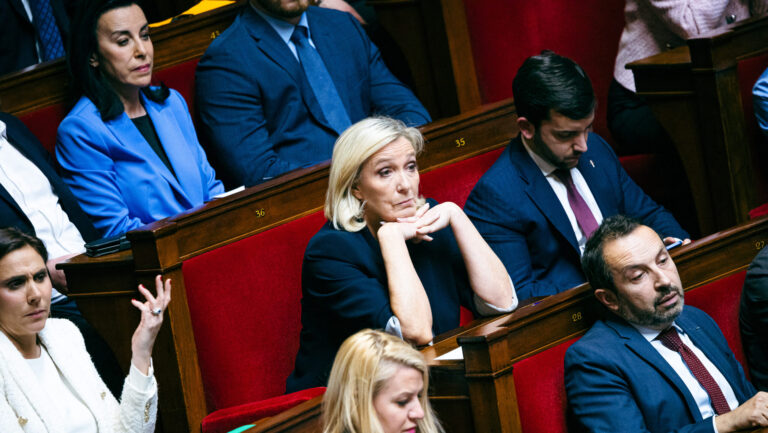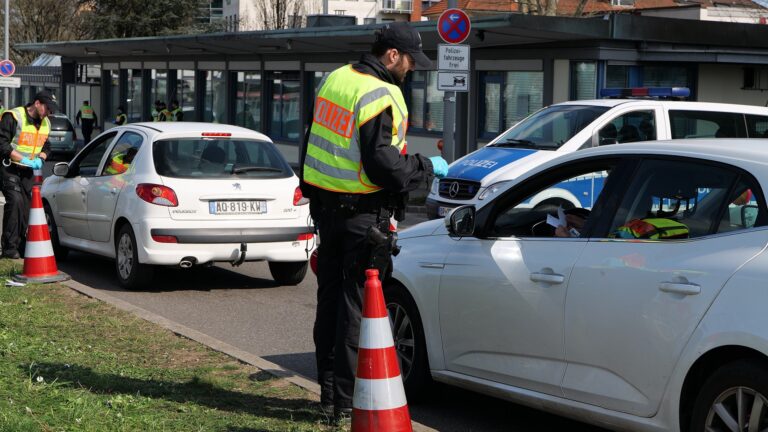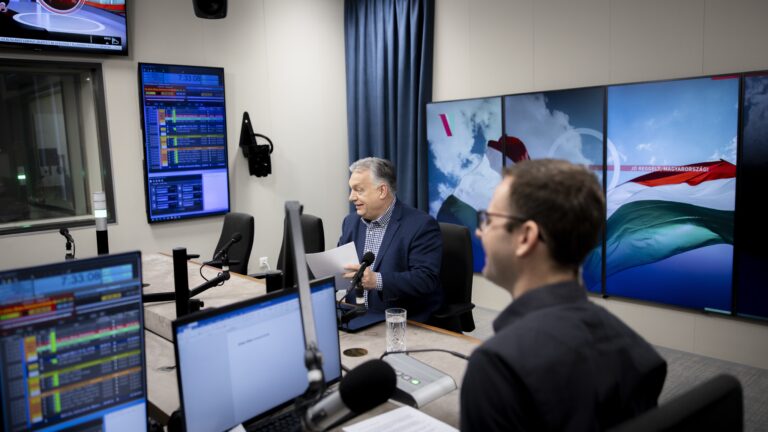A general ceasefire in the war in Ukraine could become a reality this year, according to Director of Oeconomus Economic Research Foundation Anton Bendarzsevszkij. Speaking on M1’s current affairs programme, he noted that despite recent negotiations, even a partial truce has not yet been achieved.
Bendarzsevszkij emphasized that a general ceasefire would primarily benefit Ukraine, which may explain why the country accepted such a proposal unconditionally during talks in Riyadh. He pointed out that the United States holds significant leverage over Ukraine through control of military aid, funding, and intelligence—tools that are largely ineffective when it comes to influencing Russia. Editor-in-chief of moszkvater.hu Gábor Stier argued that while a full ceasefire seems unlikely, a partial one—particularly one focused on halting attacks on the Black Sea region and energy infrastructure—may be feasible. After three years of war, expecting rapid progress is unrealistic, Stier said, adding that Donald Trump is perhaps the only international actor currently motivated to push for a ceasefire. If a stable truce is achieved this year, he said, it would be a significant accomplishment, though true peace remains elusive.
According to Stier, Russia can sustain the current pace of conflict for another 3 to 4 years, giving it a strategic advantage in the short and medium term, although this advantage diminishes over time. He also suggested that a Trump presidency could significantly reshape the geopolitical landscape, potentially reintegrating Russia into global diplomacy—a development Moscow should not miss, he warned. When asked if Trump could force Vladimir Putin to the negotiating table, Bendarzsevszkij said only a compelling offer—likely involving business deals or major geopolitical trade-offs like the unfreezing of Russian assets—could accelerate talks.
The broadcast also addressed another major development: the conviction of French opposition leader Marine Le Pen. A French court handed her a two-year prison sentence—half suspended—and barred her from running for office for five years. The charges stem from the alleged misuse of EU funds for party-related activities.
Researcher at the National University of Public Service Réka Csepeli acknowledged the legal basis for the ruling but questioned its democratic implications. Zoltán Gálik of Corvinus University noted that the verdict followed a lengthy process and confirmed the unlawful use of EU-provided resources. According to Gálik, the court had some discretion regarding the ban from elections, which it chose to enforce. Csepeli pointed out the irony that the ruling aligned with Le Pen’s own past calls for stricter accountability of public officials. The court’s decision could significantly impact French politics, particularly within Le Pen’s party, National Rally. Founded by her father in 1972 and rebranded under her leadership, the party has become a dominant force on the right. Current party president Jordan Bardella, just 29 years old, is highly popular among younger voters. Polls suggest he has similar electoral potential as Le Pen for the 2027 presidential race. Some analysts believe the recent verdict might prompt a leadership shift, giving Bardella a bigger role. Gálik added that the court’s ruling is likely to realign political dynamics both nationally and within the party. Whether Bardella steers the movement toward moderation or increased radicalism will determine its ability to attract support beyond its traditional base.
Csepeli noted that democratic dissatisfaction had already been growing in France, citing the 11 million votes National Rally received in the last parliamentary elections, despite entering the legislature only as the third-largest party. If Le Pen is convicted on appeal, the party risks losing the political capital it has carefully built over the years—potentially changing the face of the French right for the foreseeable future.
Related articles:

